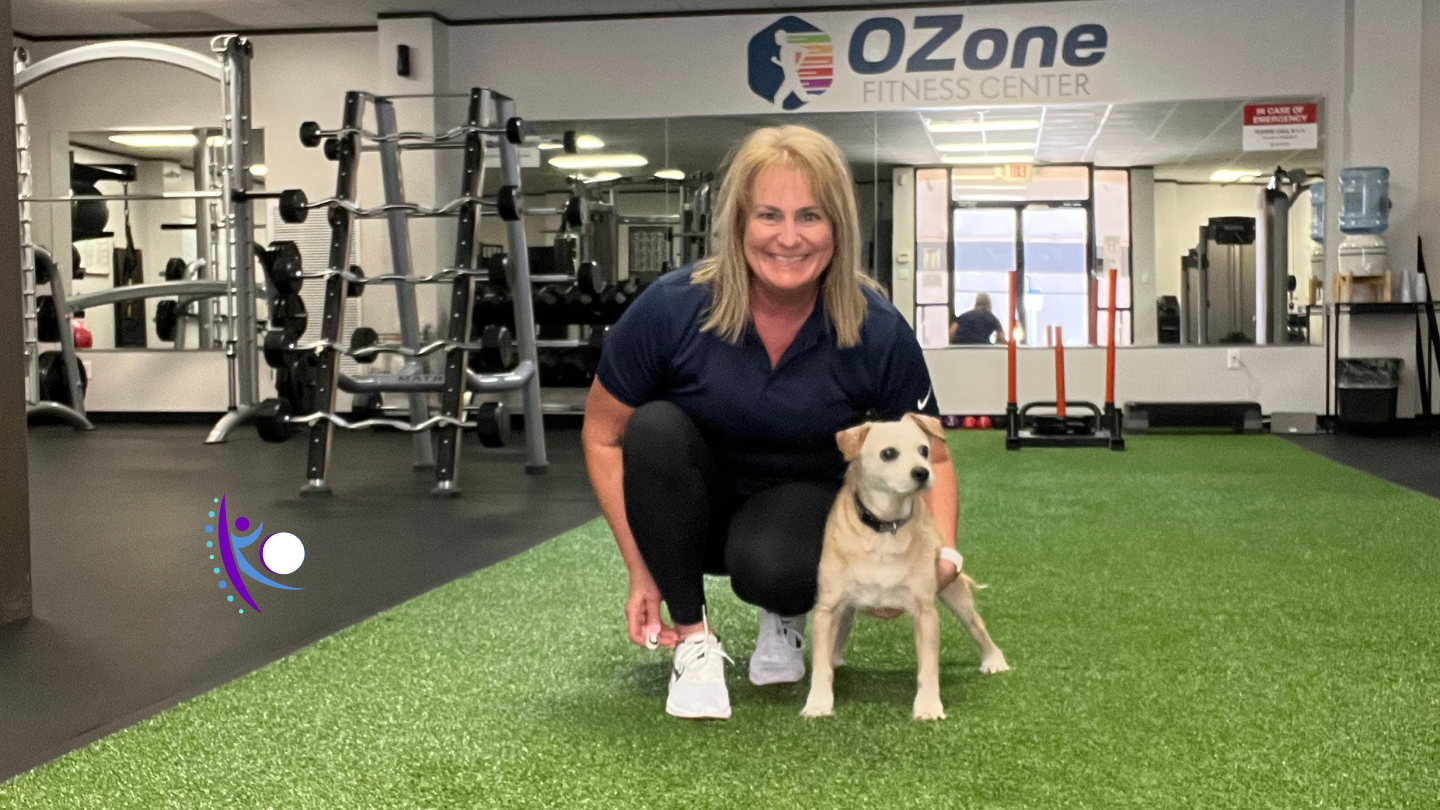How to Achieve Deep Work: Strategies for Enhanced Focus and Productivity
In an age of constant connectivity and interruptions, achieving deep work—a term popularized by Cal Newport in his seminal book—is more crucial than ever for maximizing productivity and mastering complex tasks. Deep work refers to the ability to focus without distraction on a cognitively demanding task.
It allows you to produce high-quality work efficiently and is a skill that can significantly enhance your professional capabilities. This article explores practical strategies to cultivate deep work habits and create an environment conducive to focused productivity.
Understanding Deep Work
Deep work is not just about working hard; it's about working smart on tasks that require intense and undisturbed concentration.
It contrasts sharply with "shallow work," which involves tasks that can be performed while distracted and do not require much cognitive effort. To excel in competitive fields or to master difficult skills, deep work is essential.
Strategies for Minimizing Distractions
Schedule Your Deep Work: Plan your deep work sessions by scheduling them into your calendar as you would any important appointment. This helps treat these sessions with the seriousness they deserve. Early mornings or late evenings are typically the best times for deep work for many people, as these times generally offer fewer distractions.
Create Rituals: Establish a start-up ritual to help you enter the state of deep work. This could be as simple as clearing your desk, turning off your phone, or a five-minute meditation session to clear your mind before you begin.
Set Clear Goals: Before each deep work session, outline what you aim to achieve. Setting specific, actionable goals helps direct your focus and gives you benchmarks to measure your progress during the session.
Work in a Quiet Space: Environmental control is crucial. Find a quiet space where you're unlikely to be disturbed. This could be a designated area in your home, a library, or a private office. The key is consistency; try to use the same space each time you need to dive into deep work.
Maximizing Concentration
Use Technology Wisely: While technology is often a distraction, certain tools can enhance your ability to perform deep work. Applications like Freedom or Cold Turkey can block distracting websites and apps across your devices.
Focus on Single-Tasking: Multitasking is the nemesis of deep work. Focus solely on one task at a time. This concentration will not only improve the quality of your work but also increase the speed at which you complete it.
Practice the Pomodoro Technique: This involves working for a set period (traditionally 25 minutes), followed by a short break. After four "pomodoros," you take a longer break. This technique can help maintain high levels of focus and stave off mental fatigue.
Train Your Concentration: Just like muscles, your brain needs regular exercise to strengthen its focus. Regularly engaging in activities that require intense concentration, such as reading, studying, or even certain types of games, can help train your brain.
Setting Up a Deep Work Environment
Optimize Your Physical Workspace: Ensure that your work area is comfortable and conducive to long hours of work. This includes a comfortable chair, adequate lighting, and a workspace that is organized and free from clutter.
Minimize Digital Distractions: Keep your digital workspace as clean as your physical one. This means closing or removing any apps, tabs, or notifications that do not directly contribute to your task.
Use Noise-Canceling Headphones: If you're in a noisy environment, noise-canceling headphones can be invaluable. They can block out distracting noises and even play white noise or ambient soundtracks designed to enhance concentration.
Control Your Online Time: Allocate specific times to check emails or social media rather than doing it intermittently throughout the day. This helps prevent the digital distraction loop where one quick check leads to an hour of unplanned browsing.
Conclusion
Adopting deep work practices requires discipline and intention, but the rewards are substantial. By minimizing distractions and maximizing your concentration, you can not only boost your productivity but also enhance the quality of your work output.
Over time, these practices can transform your professional life, allowing you to achieve more in less time and with greater satisfaction. Start small, perhaps with one deep work session per week, and gradually build on your success to integrate these strategies more fully into your daily life.
Kathie Owen, Corporate Wellness Professional














